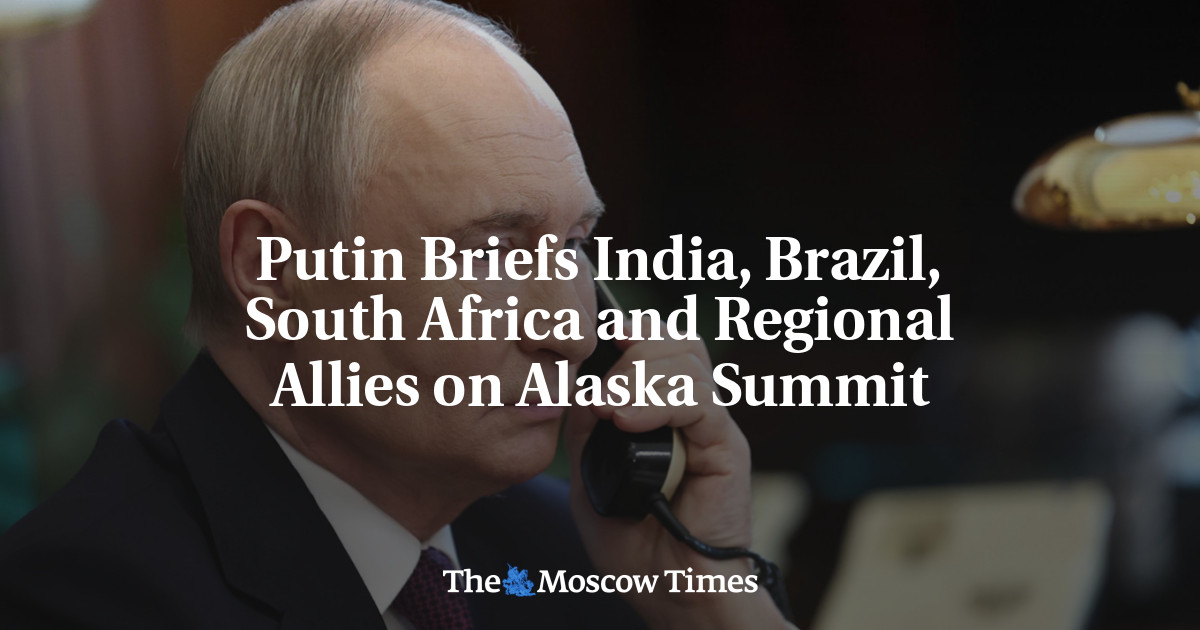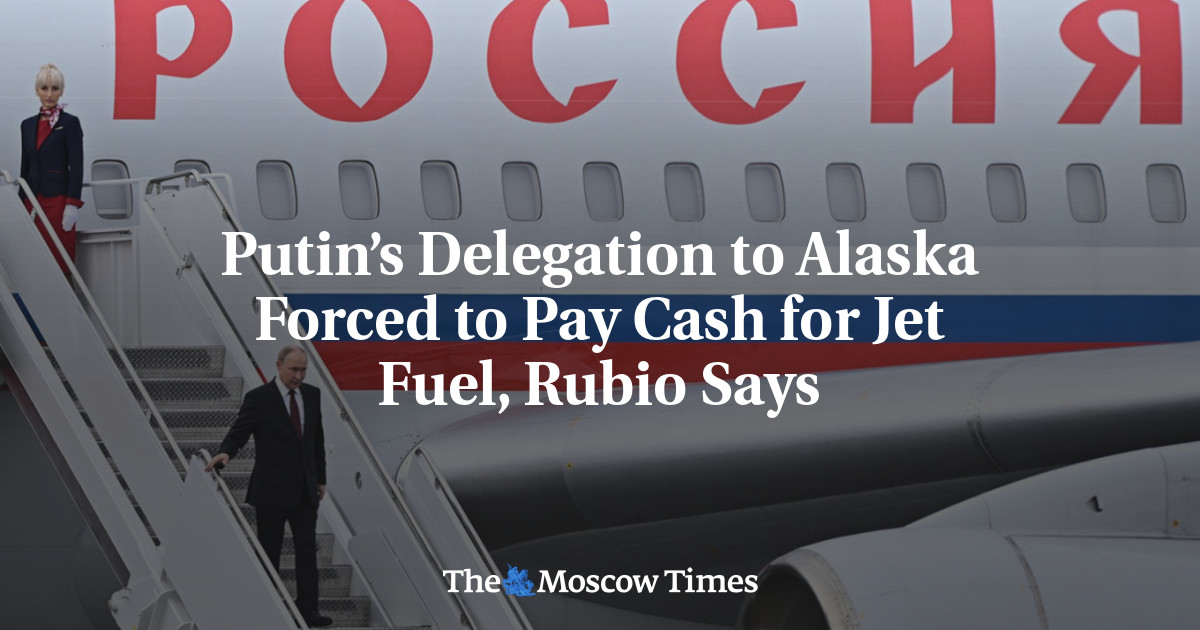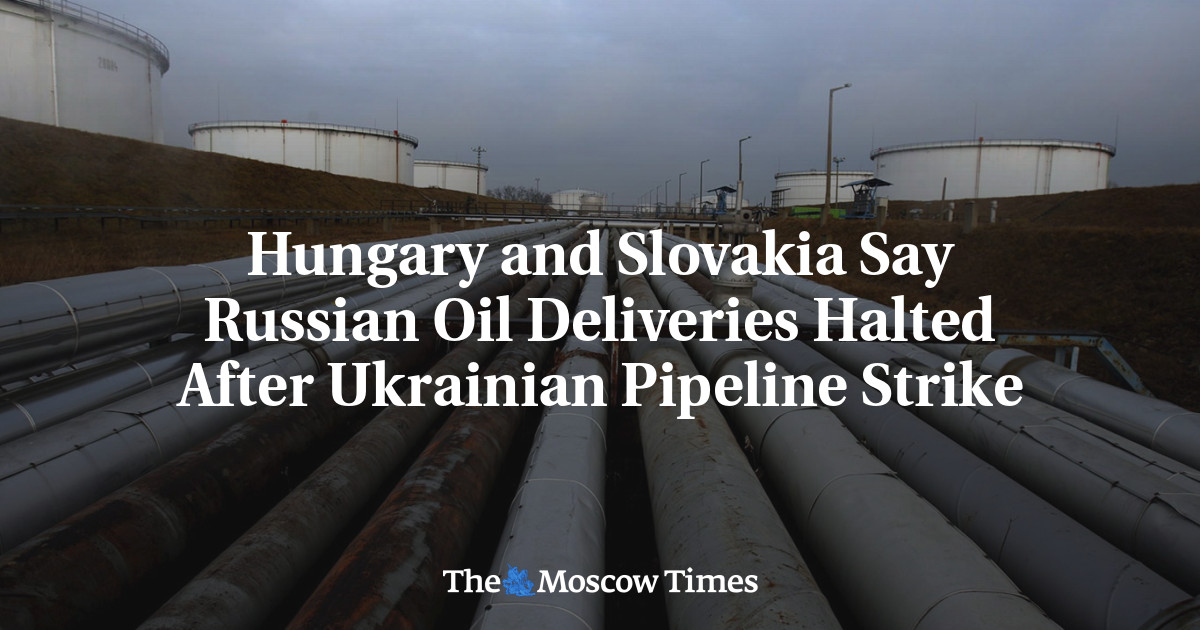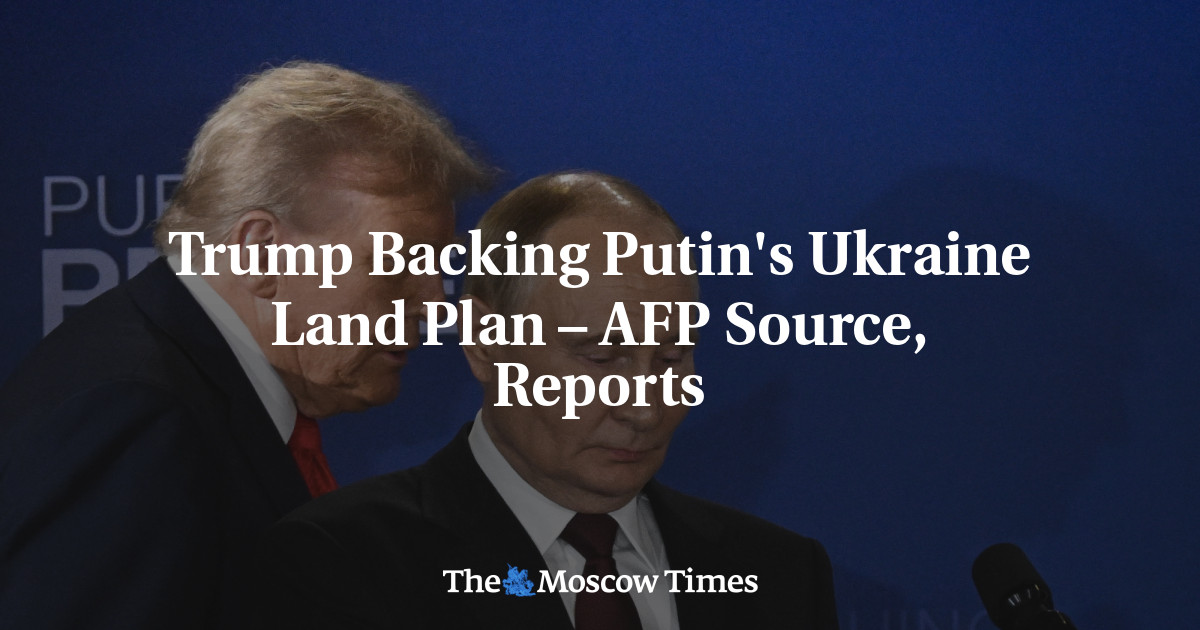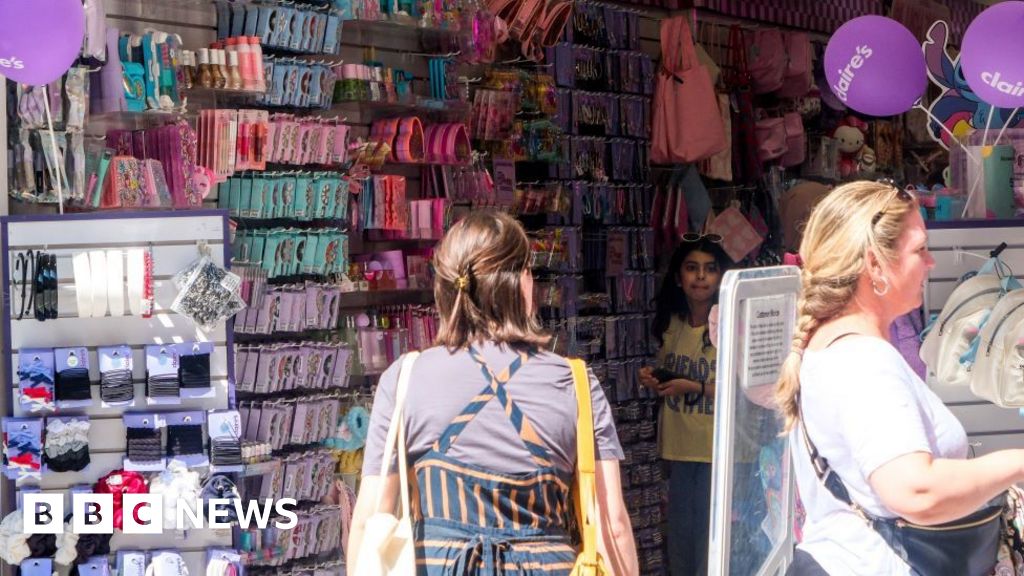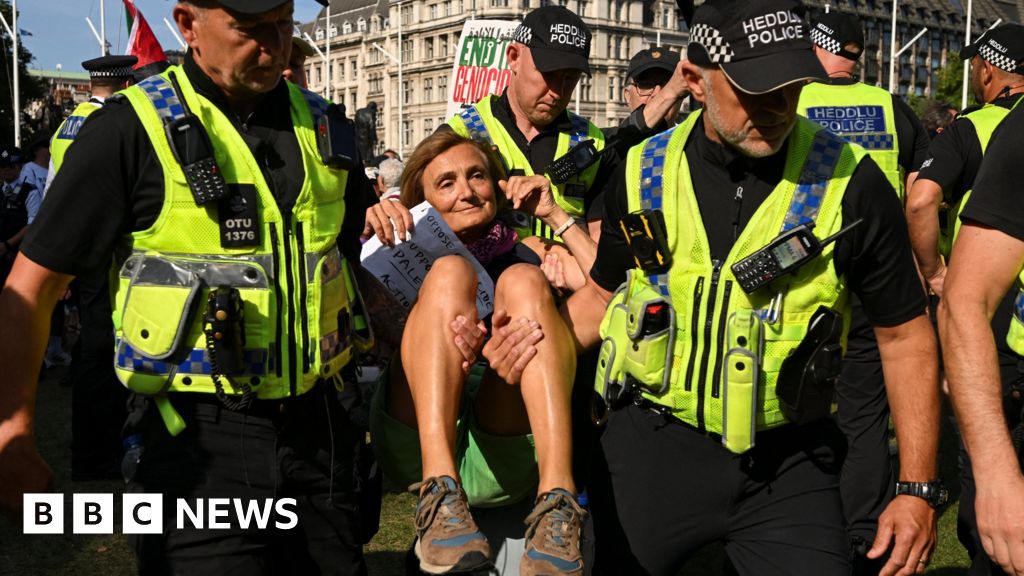One of Russia’s leading HIV support organizations says it has been stripped of government funding this year, leaving vital services in jeopardy at a time when the country continues to struggle with one of the world’s fastest-growing HIV epidemics.
The AIDS.Center foundation said it failed twice this year to secure grants from the Presidential Grants Fund and from Moscow’s Department of Labor and Social Protection.
Staff warn that key programs are now under threat without this support, including rapid HIV testing, a telephone hotline, an emergency supply of antiretroviral drugs and its educational initiatives and media platform.
“For thousands of people, these services are not a formality but real help and support,” AIDS.Center staff member Polina Melnikova told the Ostorozhno Novosti news outlet. “Losing them would be a blow to the entire community of people living with HIV, and to Russia’s HIV prevention system as a whole.”
Russia officially recorded 1.2 million people living with HIV at the end of 2023, and official figures state that 30,000 working-age Russians die each year from the virus.
Nearly 60% of those deaths are concentrated in 24 of the country’s hardest-hit regions, including Chukotka, the Kemerovo and Irkutsk regions, and the Altai, Perm and Leningrad regions. These areas also account for more than half of all new infections.
Since Russia began monitoring the epidemic, 1.7 million people have been diagnosed with HIV, of whom about 500,000 have died. Roughly 60,000 new cases are registered annually.
Vadim Pokrovsky, head of the Federal AIDS Center, has acknowledged that late or improper treatment remains a major problem.
The government has also been spending less on testing. In 2023, state purchases of diagnostic tests fell by nearly one-third compared with the previous year, amounting to 2.88 billion rubles ($36 million), according to the watchdog Zdravresurs.
A Message from The Moscow Times:
Dear readers,
We are facing unprecedented challenges. Russia's Prosecutor General's Office has designated The Moscow Times as an "undesirable" organization, criminalizing our work and putting our staff at risk of prosecution. This follows our earlier unjust labeling as a "foreign agent."
These actions are direct attempts to silence independent journalism in Russia. The authorities claim our work "discredits the decisions of the Russian leadership." We see things differently: we strive to provide accurate, unbiased reporting on Russia.
We, the journalists of The Moscow Times, refuse to be silenced. But to continue our work, we need your help.
Your support, no matter how small, makes a world of difference. If you can, please support us monthly starting from just $2. It's quick to set up, and every contribution makes a significant impact.
By supporting The Moscow Times, you're defending open, independent journalism in the face of repression. Thank you for standing with us.
Continue
![]()
Not ready to support today?
Remind me later.
 (1).png)
 3 hours ago
1
3 hours ago
1

